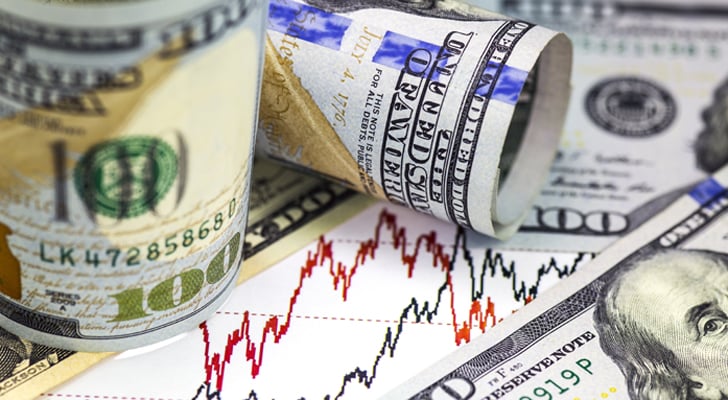For those who are on the outside looking in, options and futures can seem very similar. They’re both high-leverage investments that have the potential to produce big returns. But what’s the difference between them?
Understanding Options vs. Futures
Options and futures have a lot in common, but they’re far from the same. There are some major differences between the two that often make one better than another for particular investors who have specific needs and goals.
“An options contract is an agreement between two parties to facilitate a potential transaction on the underlying security at a preset price, referred to as the strike price, prior to the expiration date,” Investopedia explains. “The two types of contracts are put and call options, which can be purchased to speculate on the direction of stocks or stock indices, or sold to generate income.”
A call is the right to buy a stock at a stated price during a specified period in the future, regardless of what happens to the stock between the call and the expiry date. A put gives the investor the right to sell a stock at a stated price at a later date, regardless of what happens in the market.
“A futures contract is an obligation to buy or sell specific quantity of a certain commodity or asset on a future date at an agreed upon price,” RJO Futures explains. “Because the terms of futures contracts for each commodity or asset are standardized (i.e., same quantity, quality, delivery), they can be traded on an exchange. The only variable is the price.”
Options and futures are very similar on the surface — and deep down, for that matter — but there are a couple of key differences.
The main difference is that the transaction isn’t mandatory in an options agreement. The buyer has the option, but not the obligation to complete the transaction. In a futures contract, the buyer and seller are both obligated to fulfill the transaction on the specified date for the specific price outlined in the agreement.
The Benefits of Investing in Each
But what makes options and futures so great? Why would anyone take the time to pursue these investment products when simple stocks and mutual funds already exist in the marketplace? Let’s start with a couple benefits of trading options:
– Minimal capital requirements.
The biggest advantage of trading options is that little capital is required up front. If a particular stock is trading at $20, it would cost you $2,000 to buy 100 shares. However, an options contract may only cost you $5 per share, which means you can have the same upside at a quarter of the price.
– High returns. While it’s not easy to pick a big options winner, there’s always the potential for high returns. If you know how to pick an option right, it’s possible to see a 300- or 400-plus percent gain in a matter of weeks.
And now for a couple of benefits of investing in futures:
– High leverage. The primary reason people invest in futures is the leverage. You only need to deposit a small percentage of the total contract value in order to secure a contract.
– High liquidity. Another major benefit of investing in futures is that orders can be bought or sold very quickly. The highly liquid nature of futures makes them easy to move whenever the investor desires.
Do Your Research
At the end of the day, you should never invest in any financial product you don’t thoroughly understand. It doesn’t matter what experts and so-called gurus tell you.
It’s your money, and you shouldn’t invest it unless you have a clear understanding of where it’s going, what it’s doing, and what risk/return is involved. If, after doing your research, you find that options or futures are right for you, then start slow and make sure you’re well diversified.

